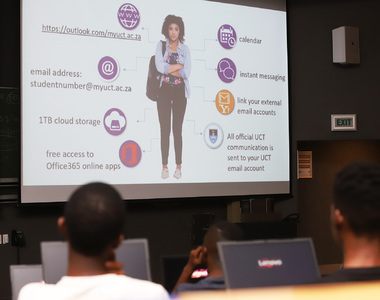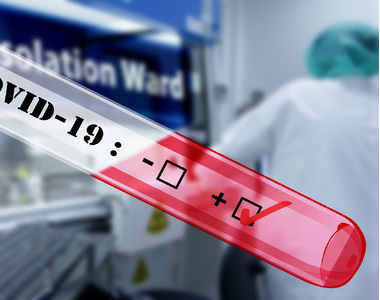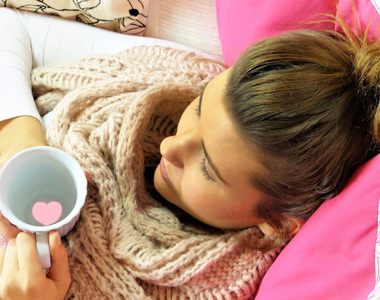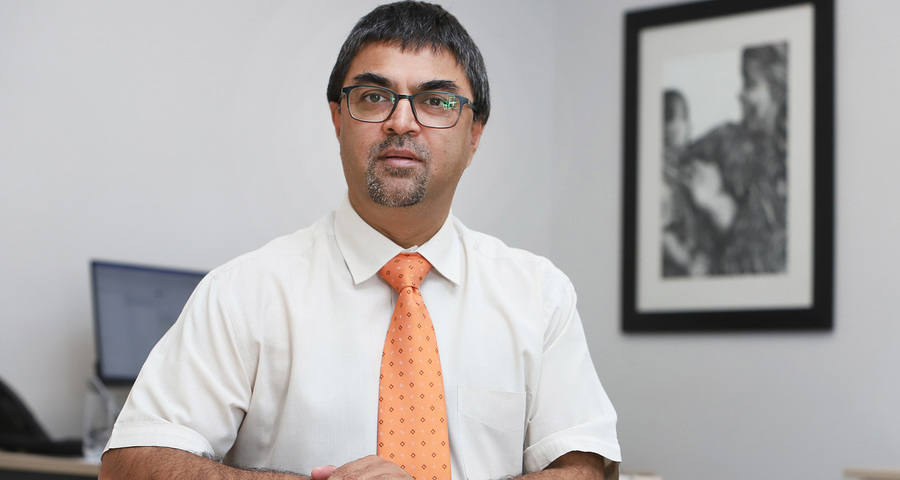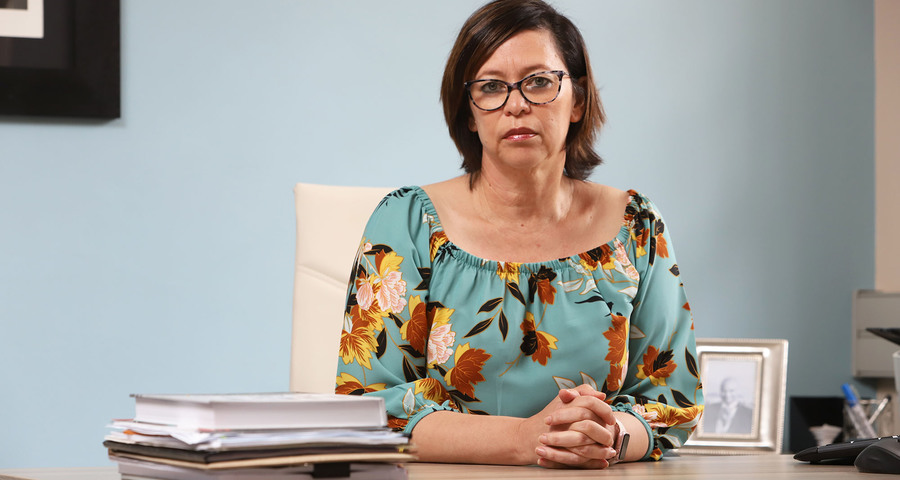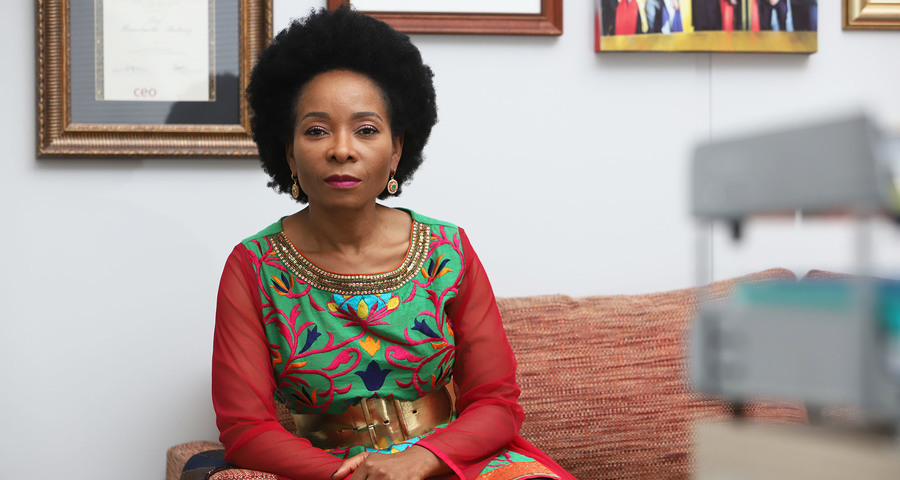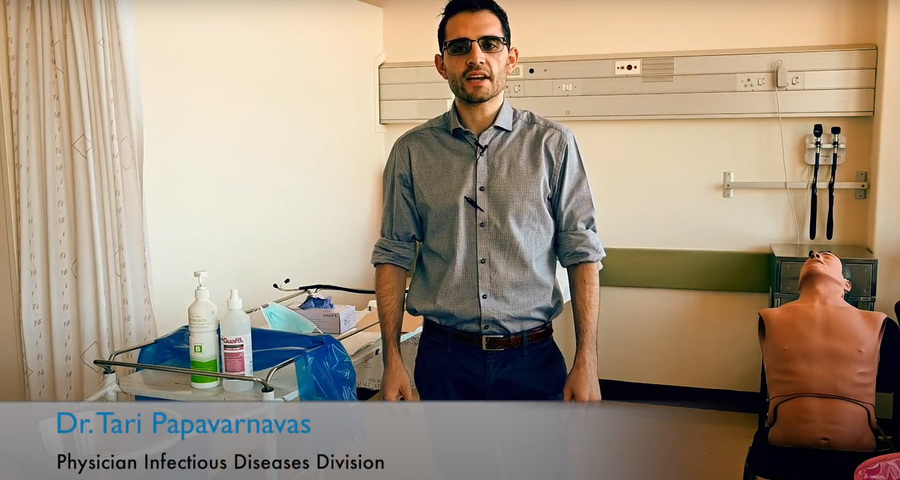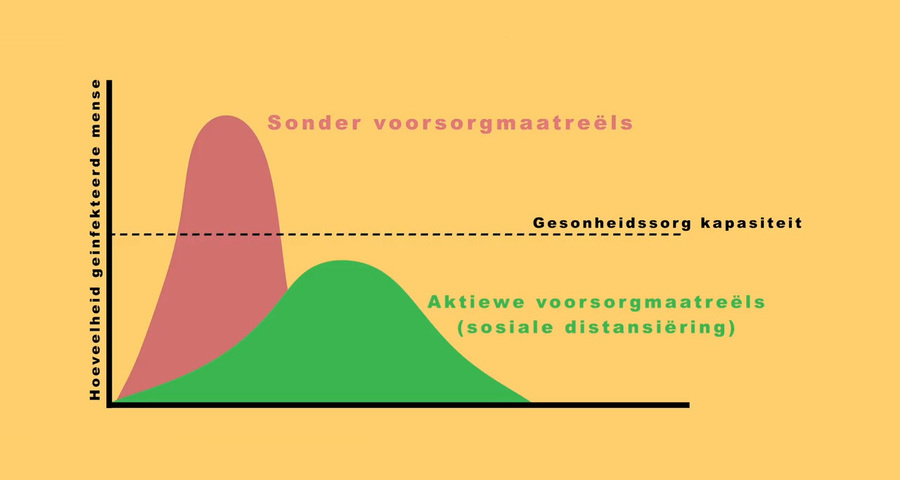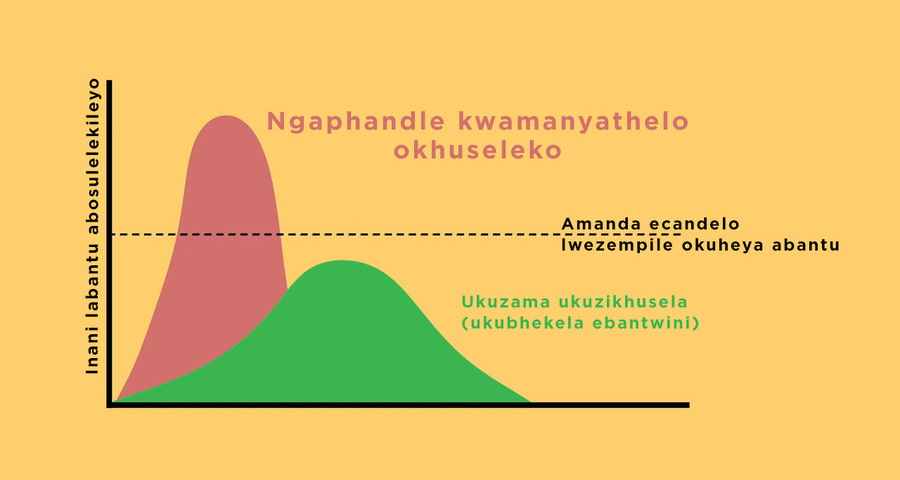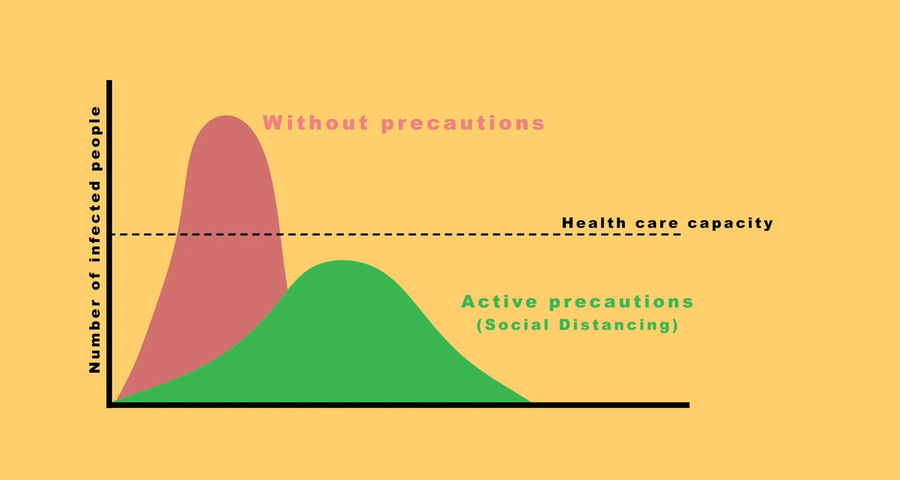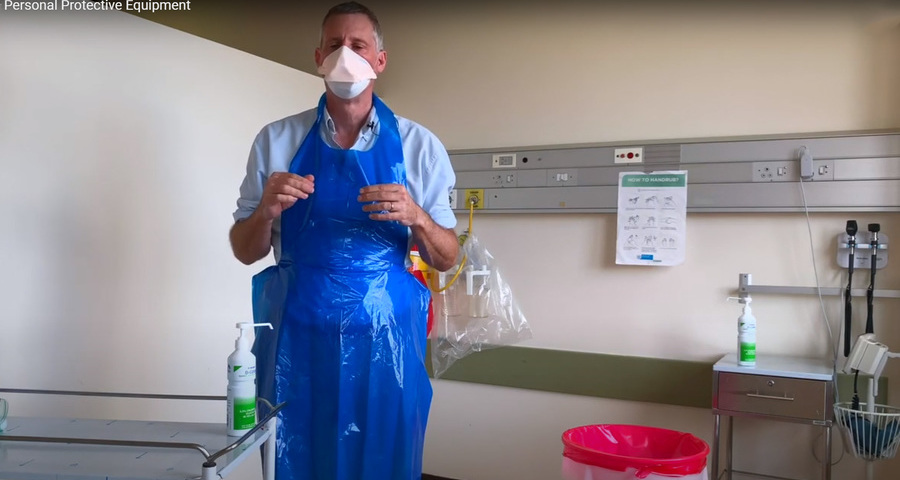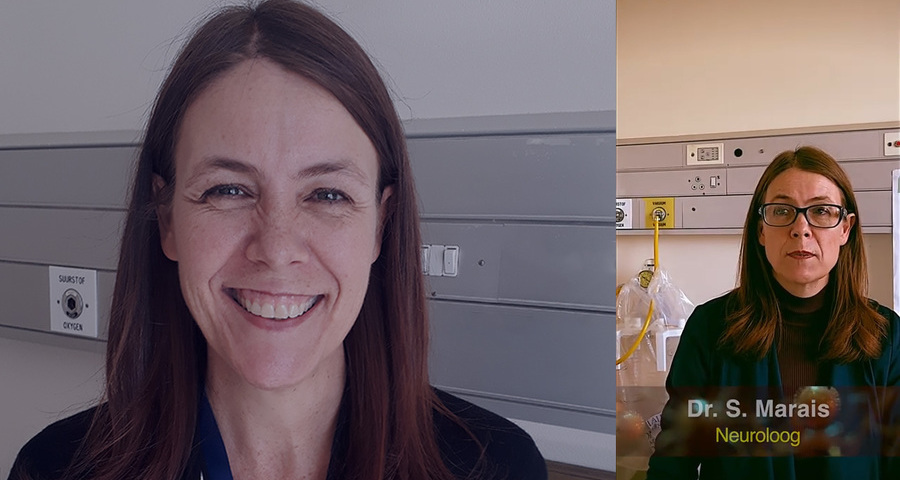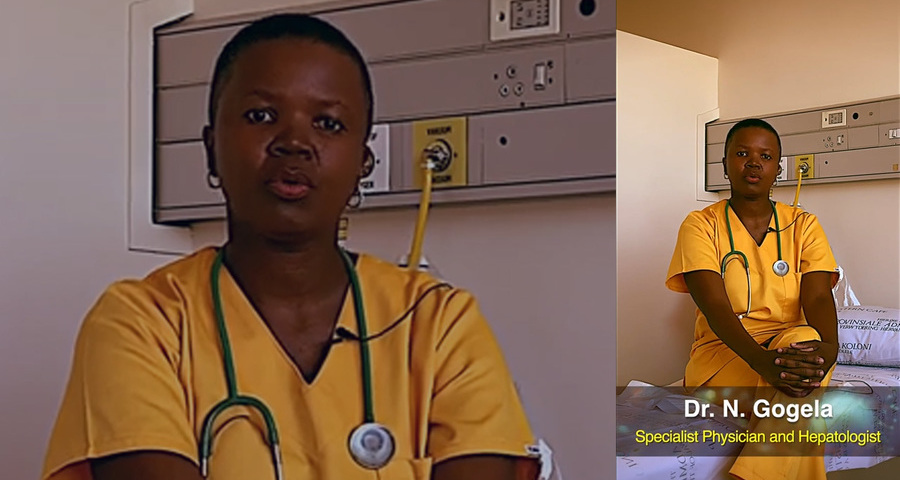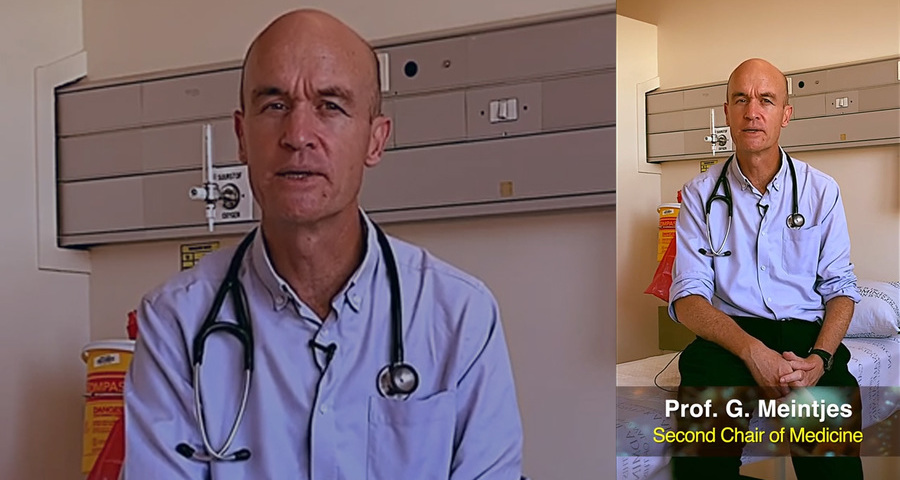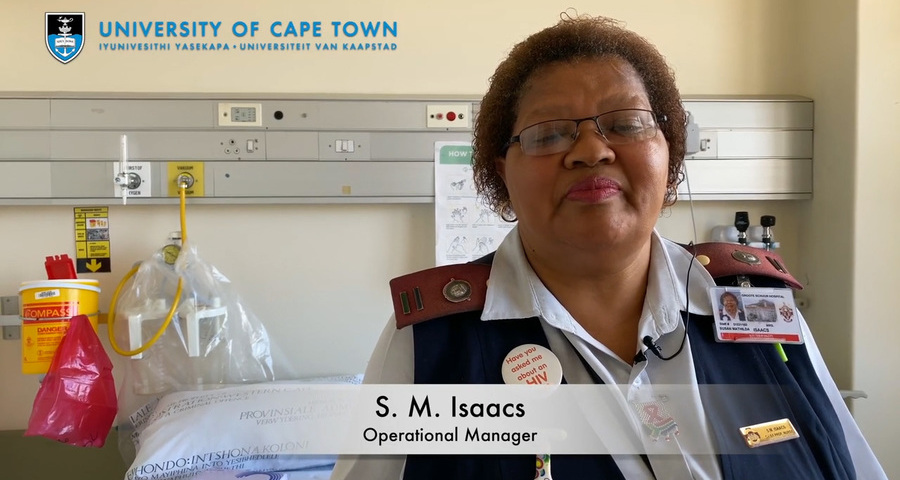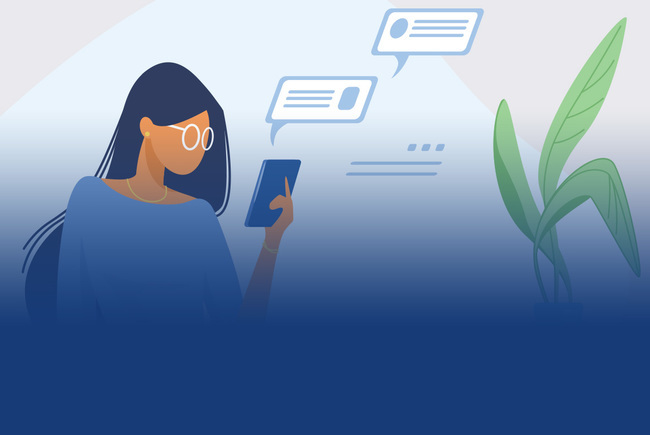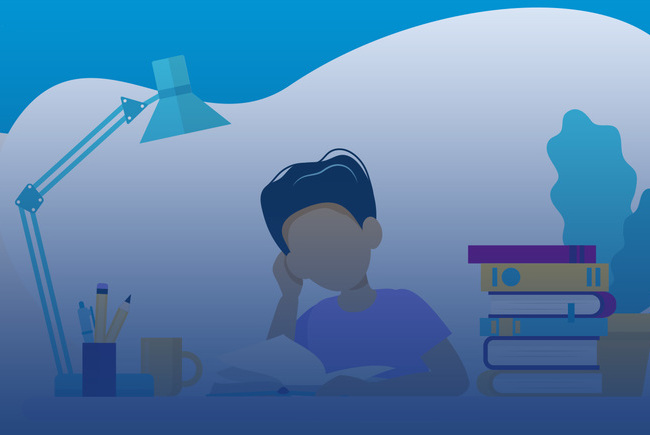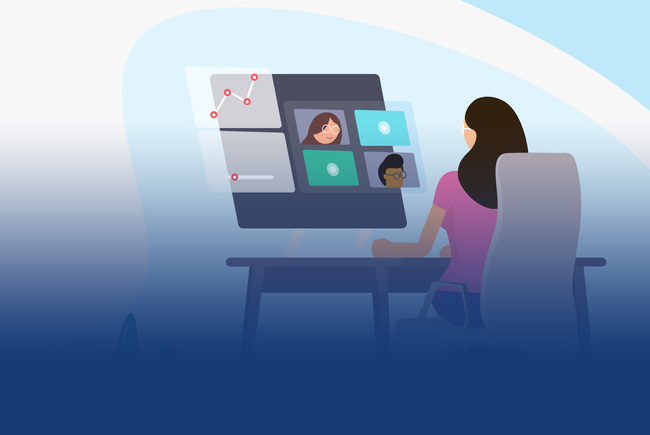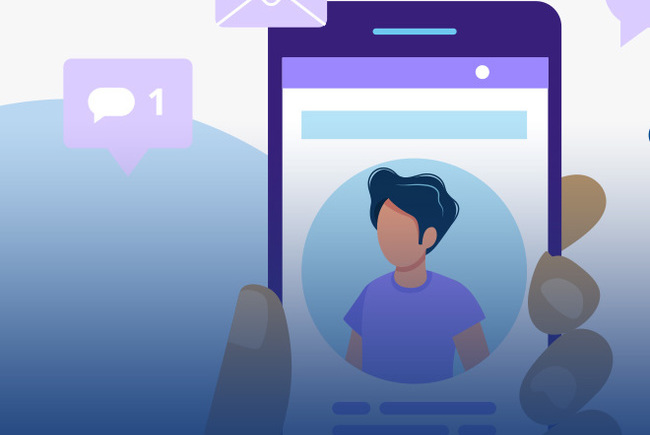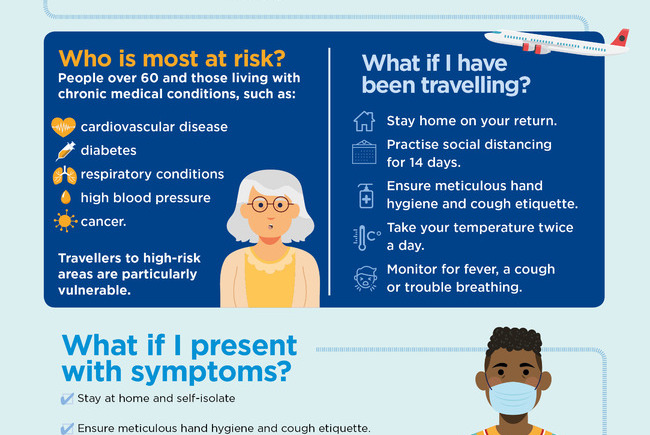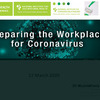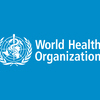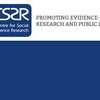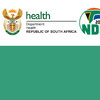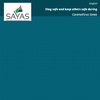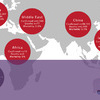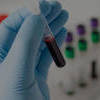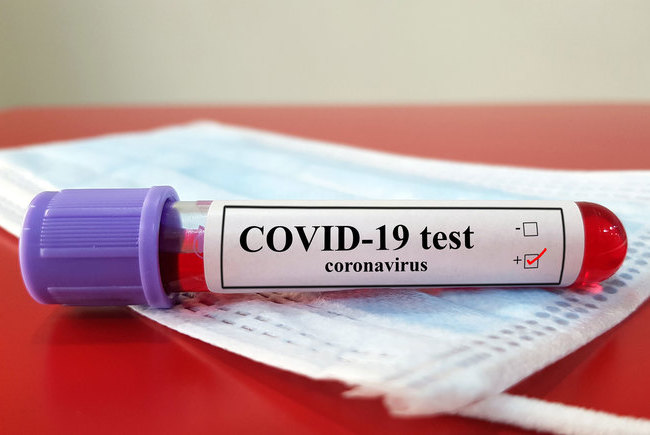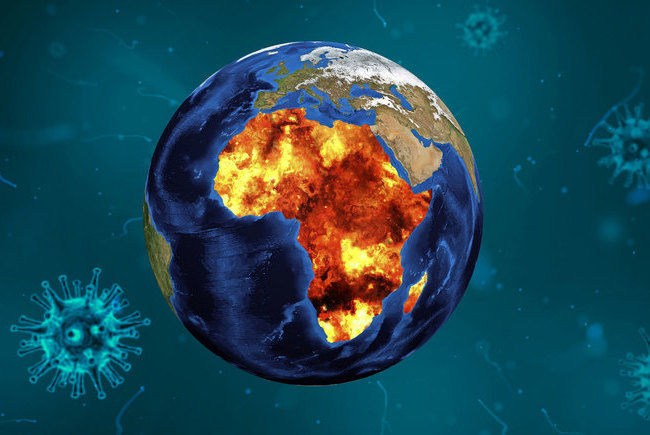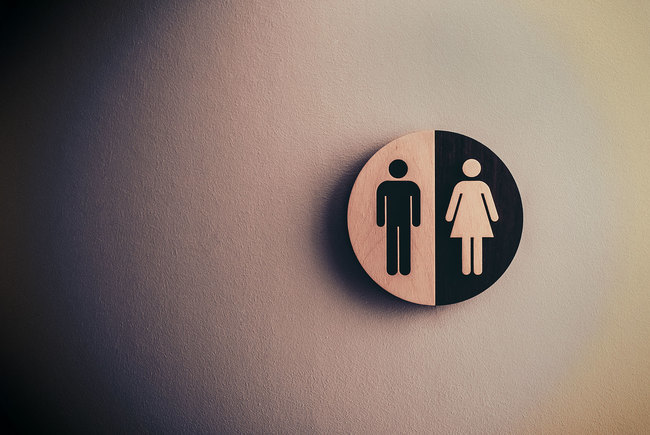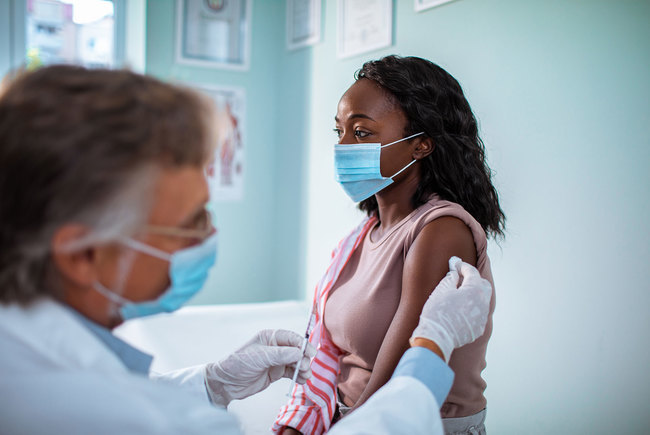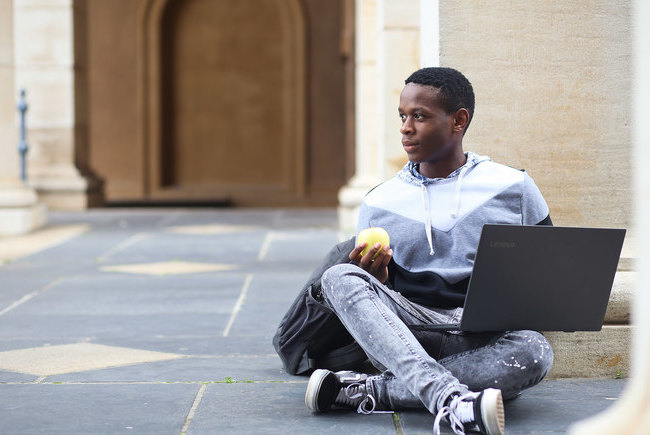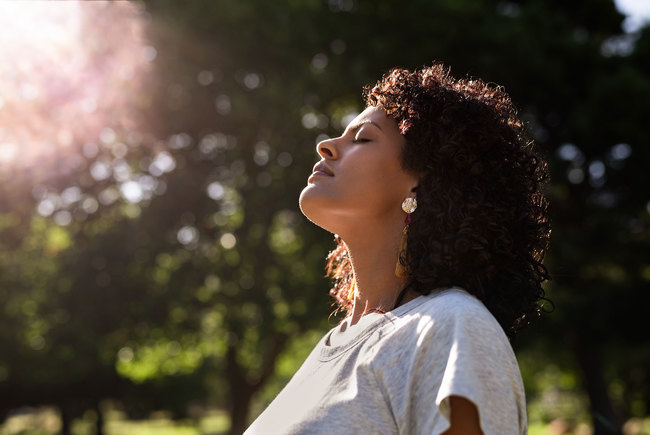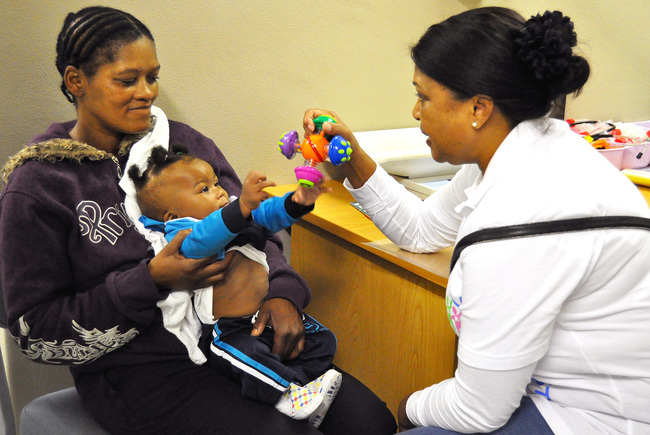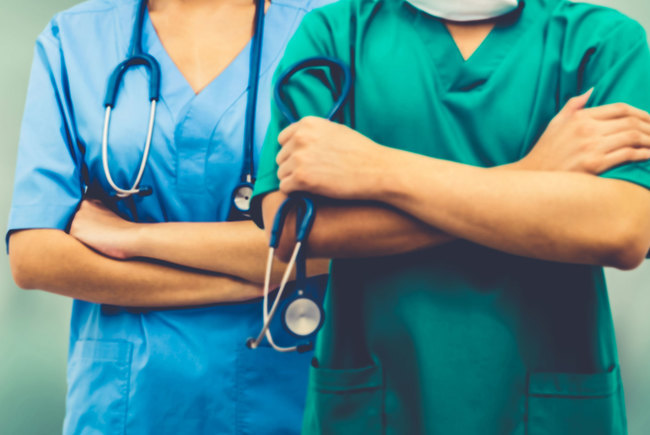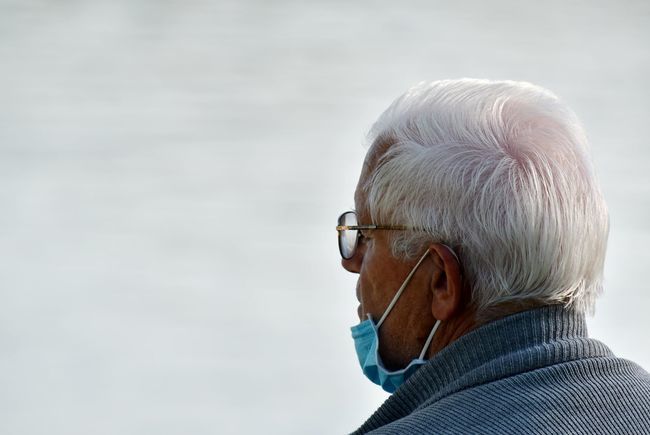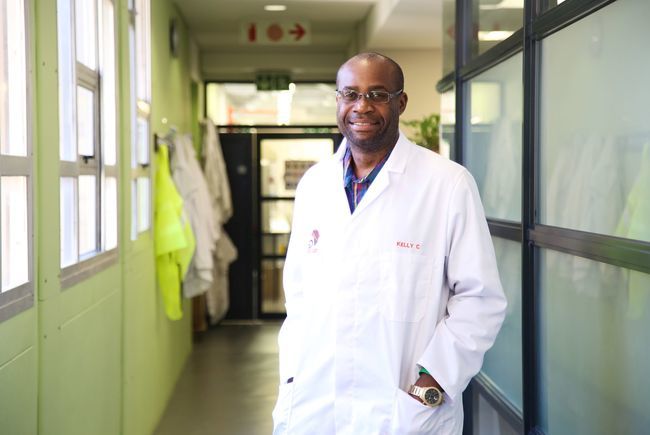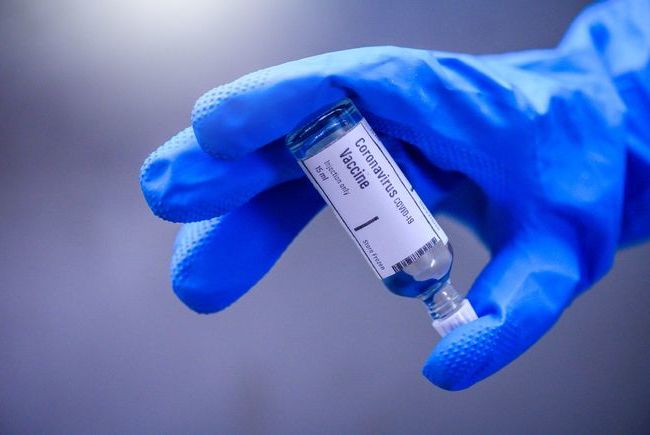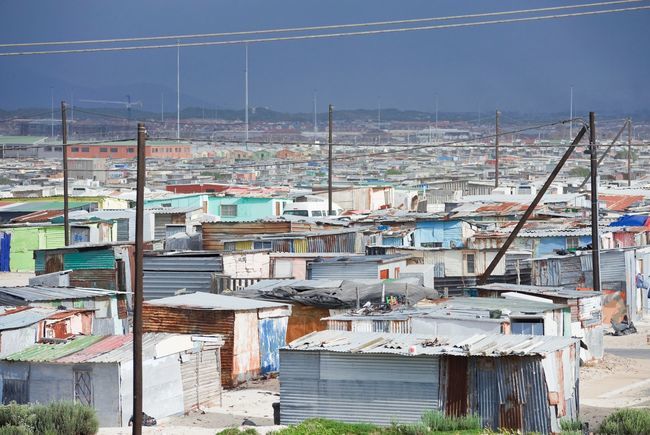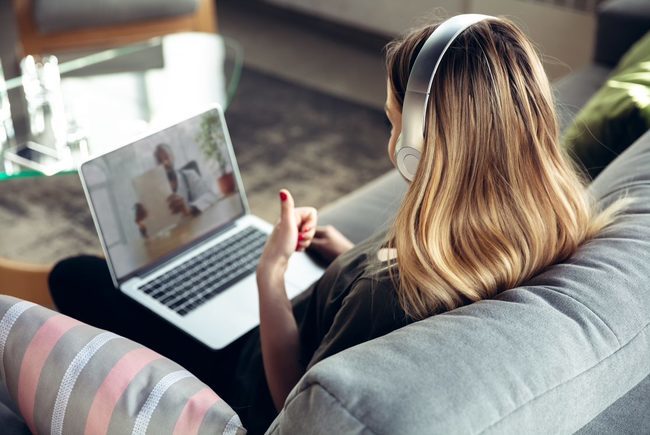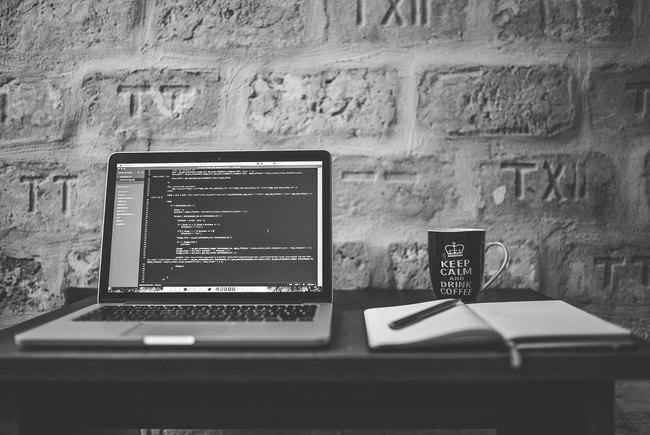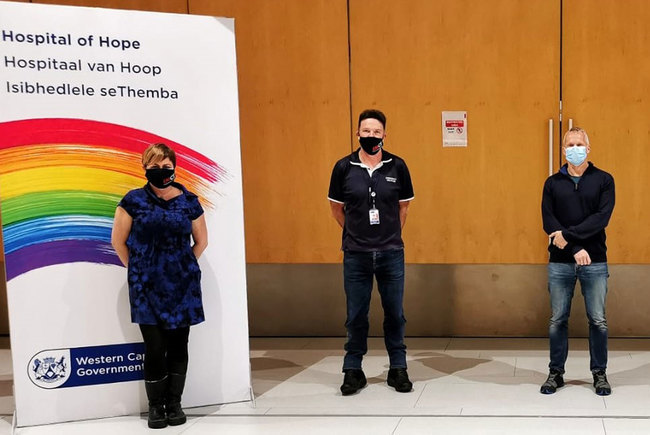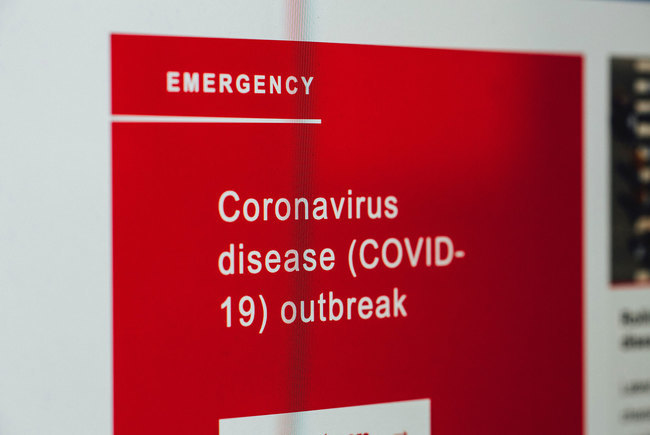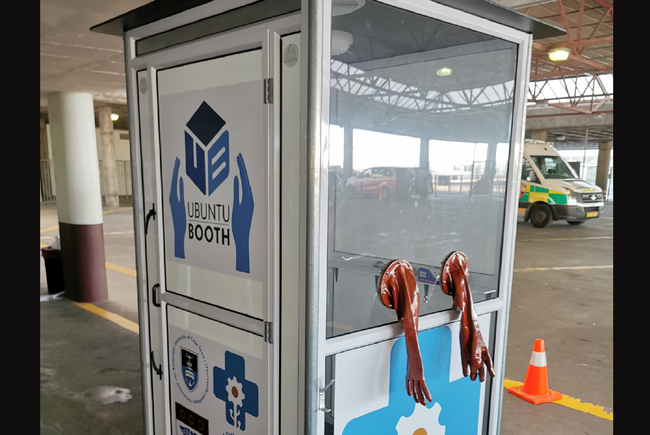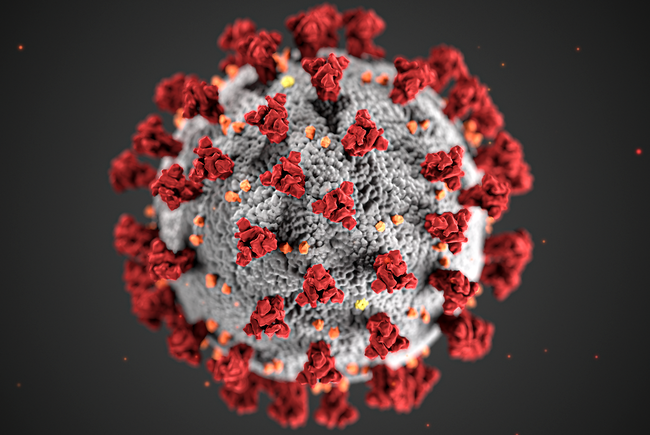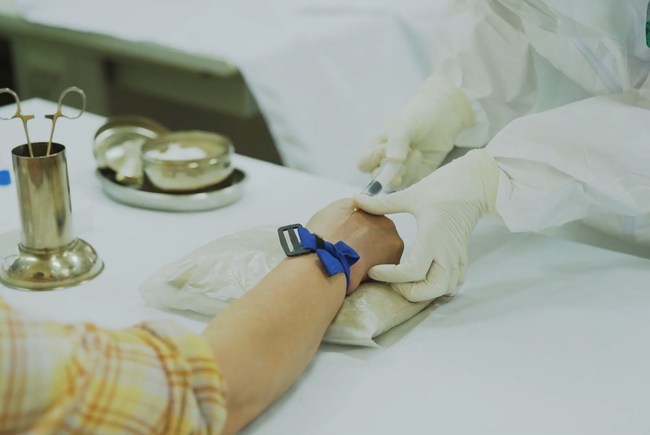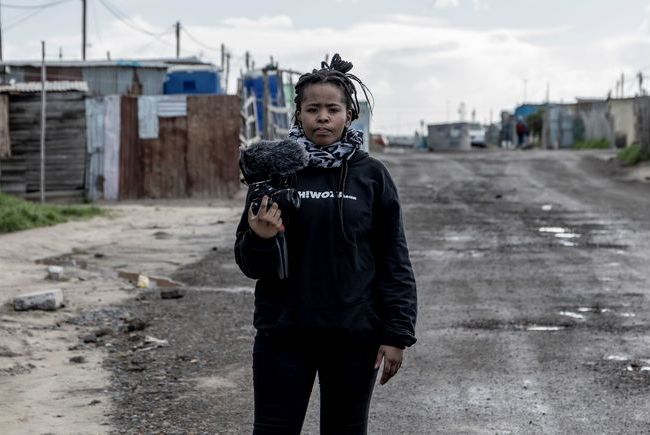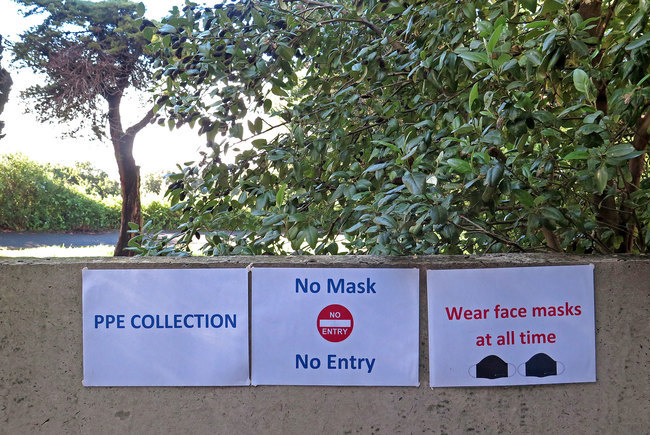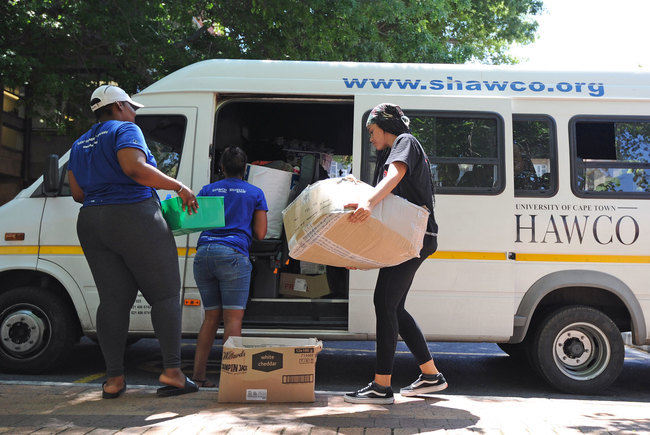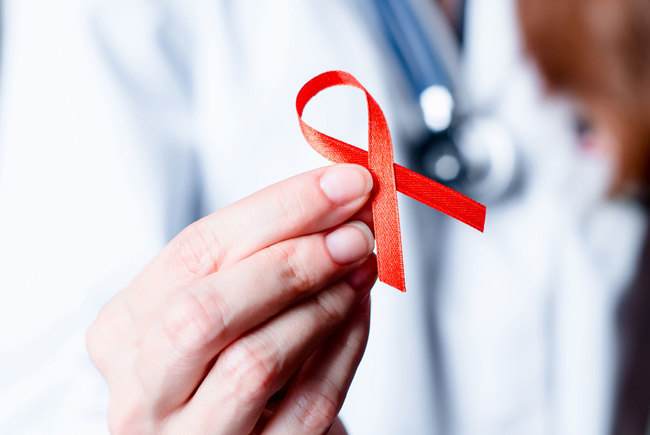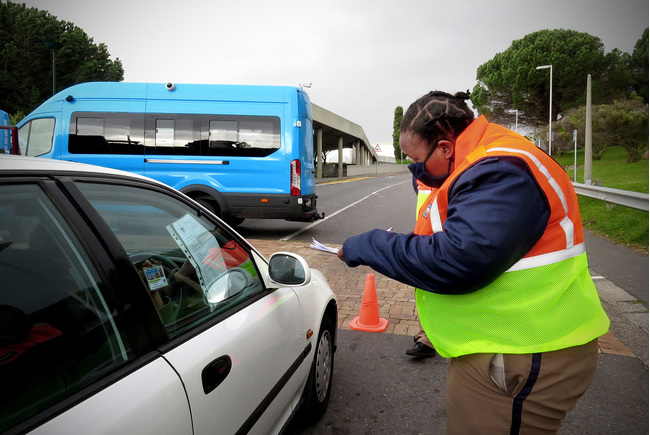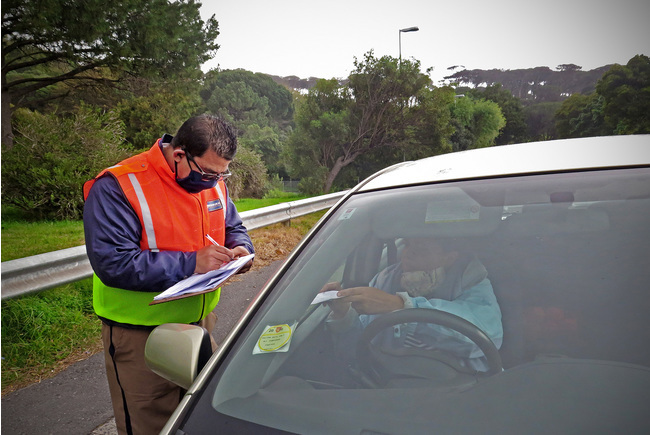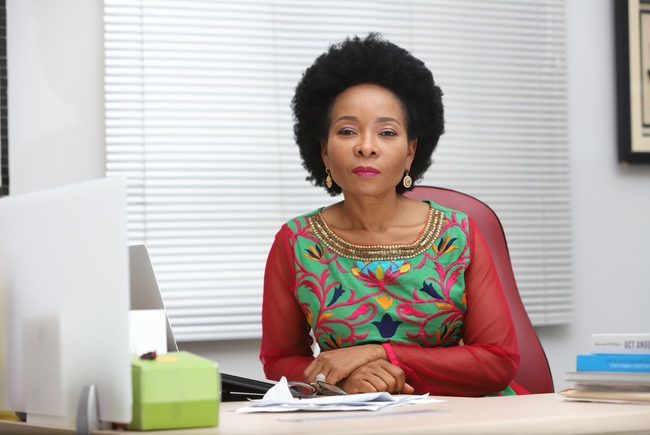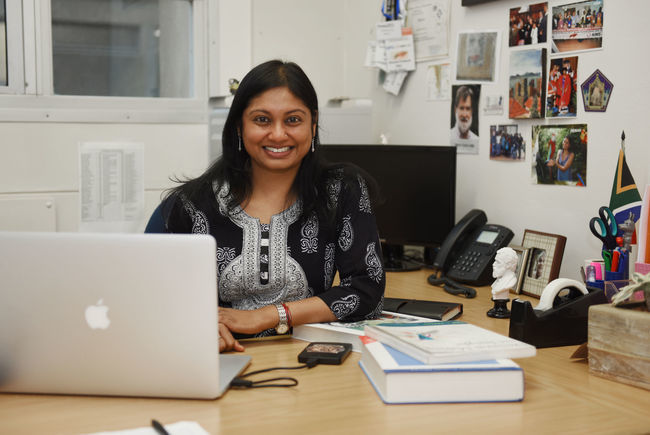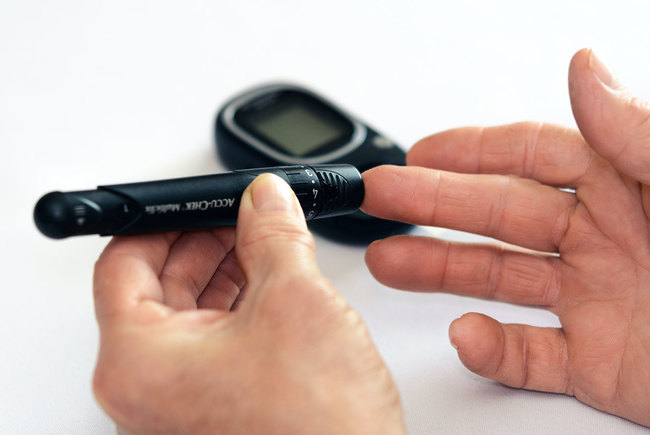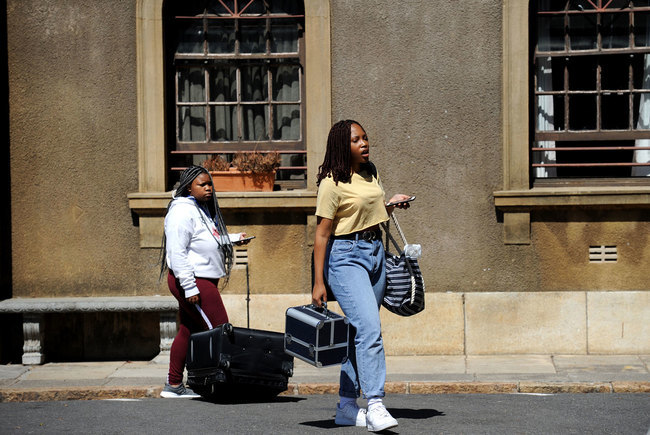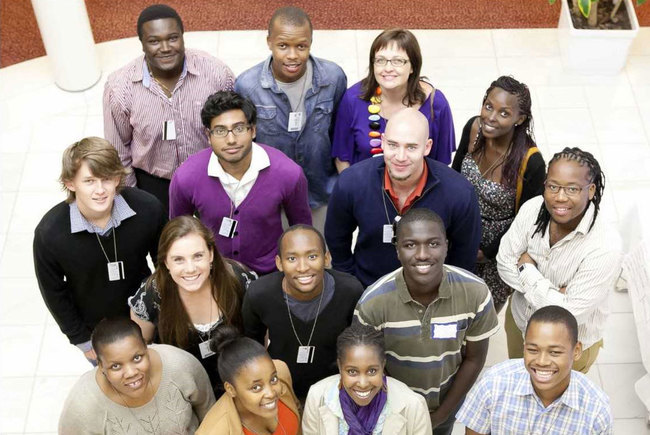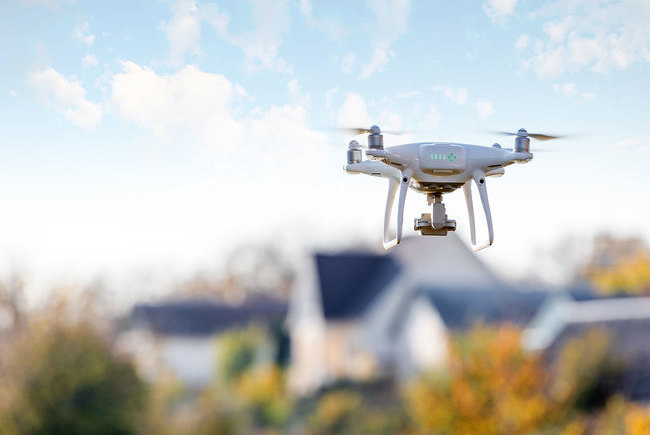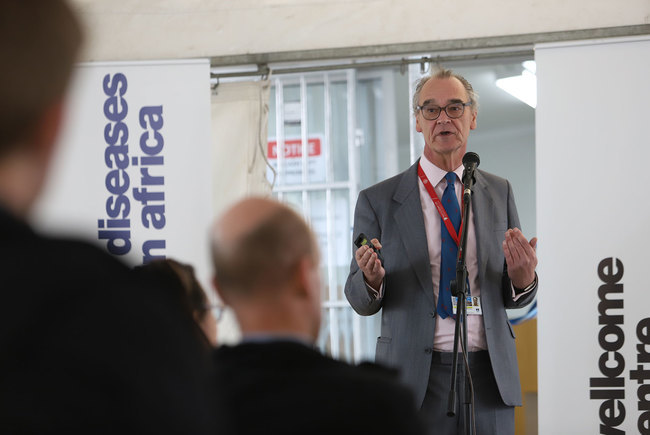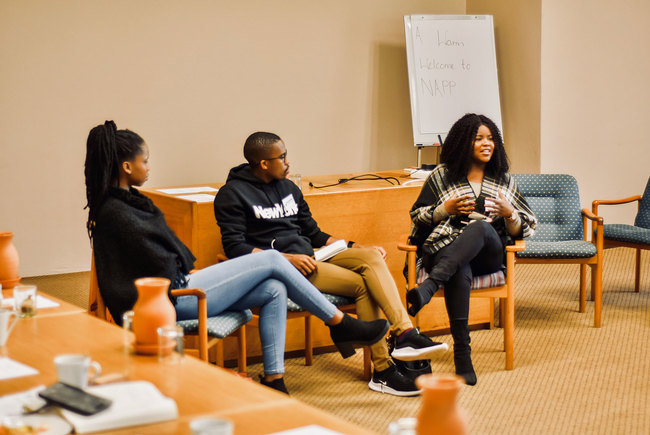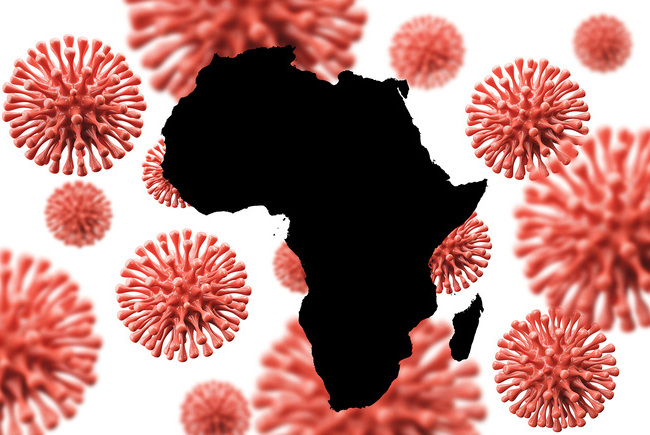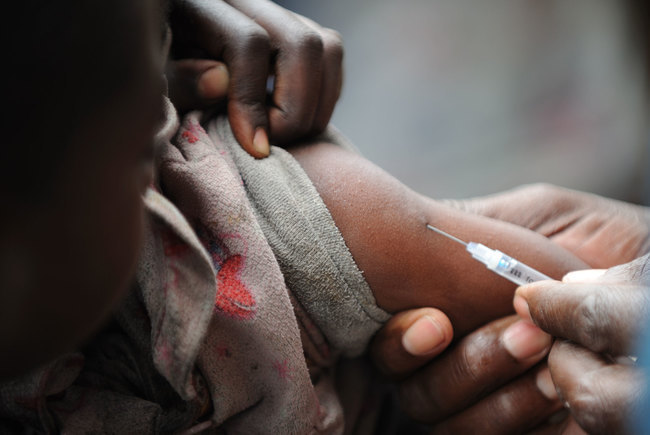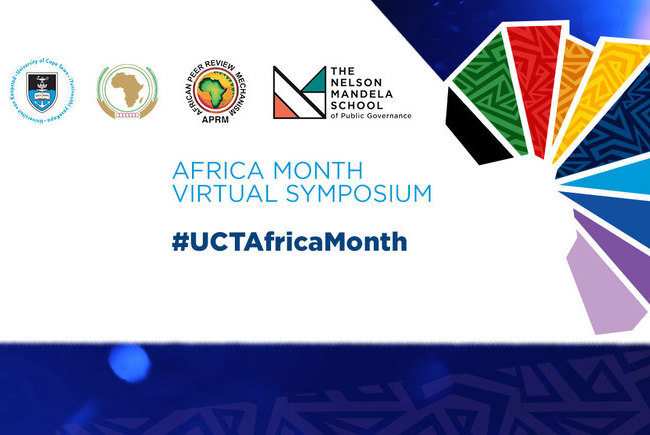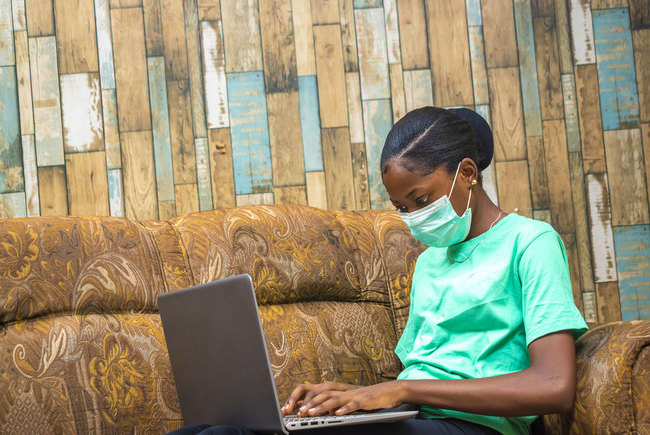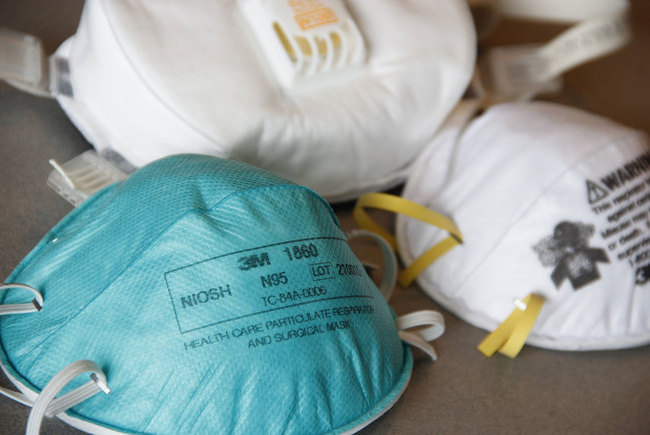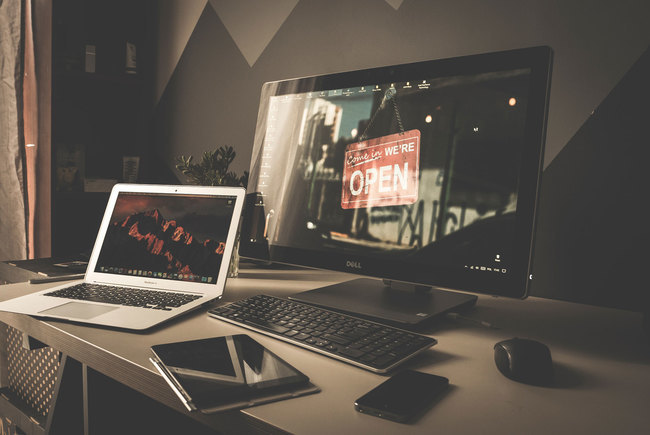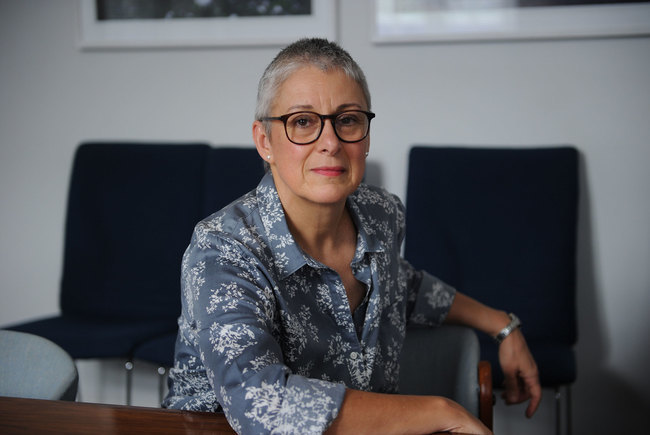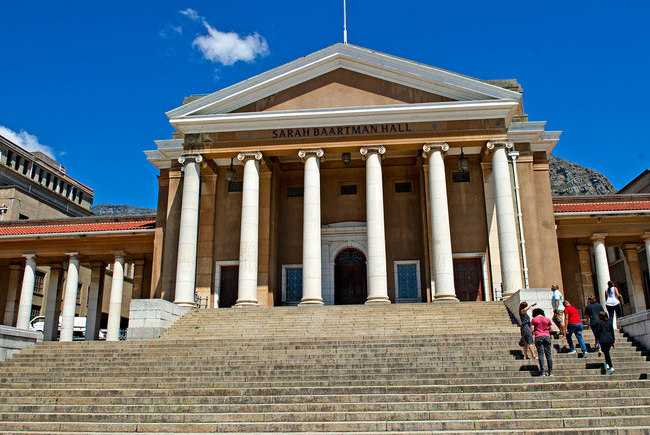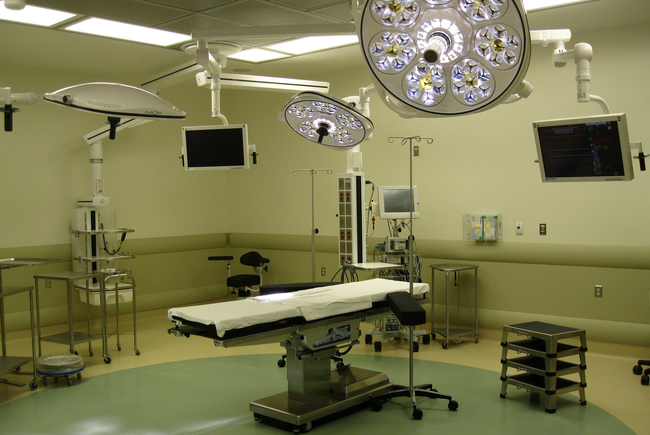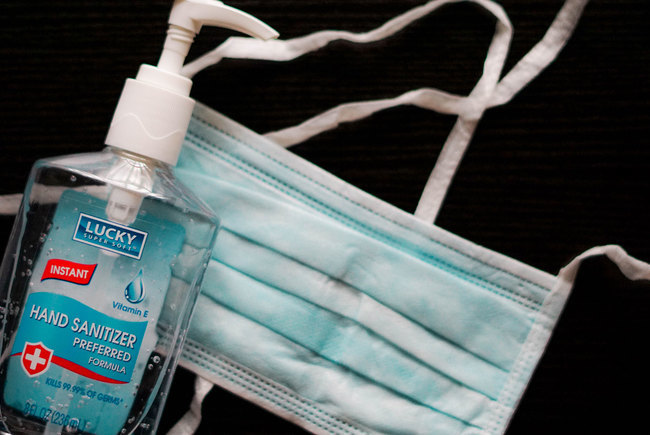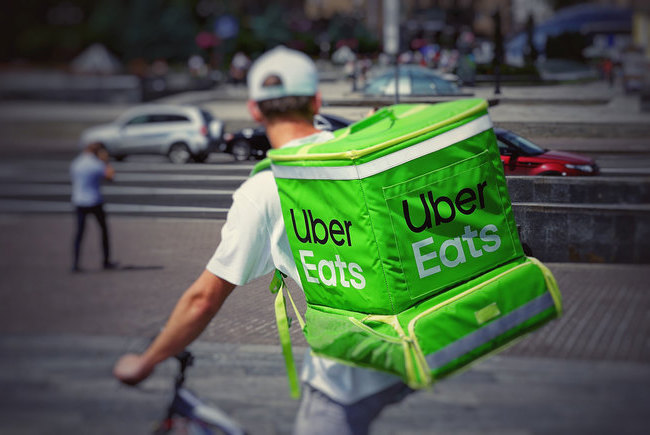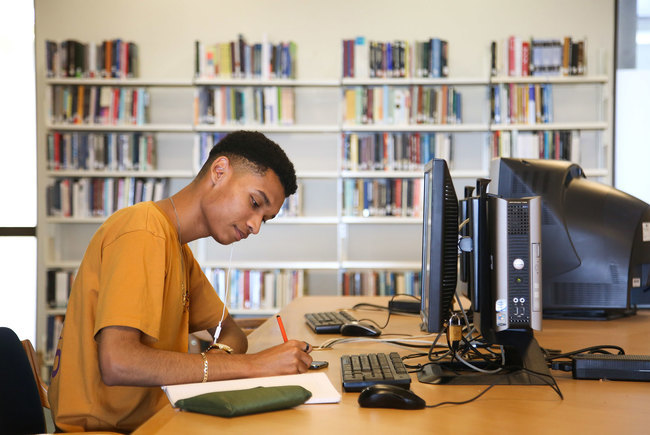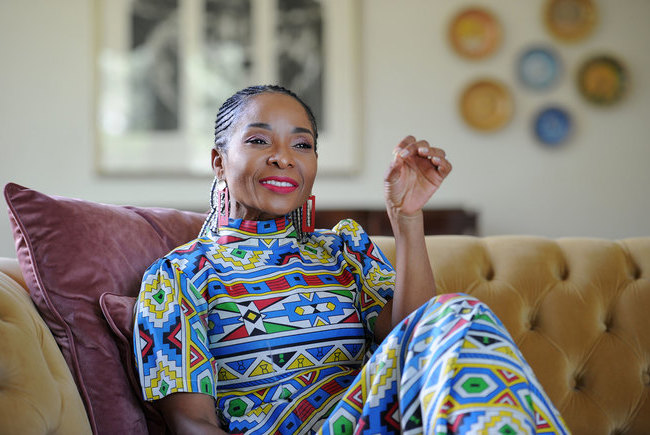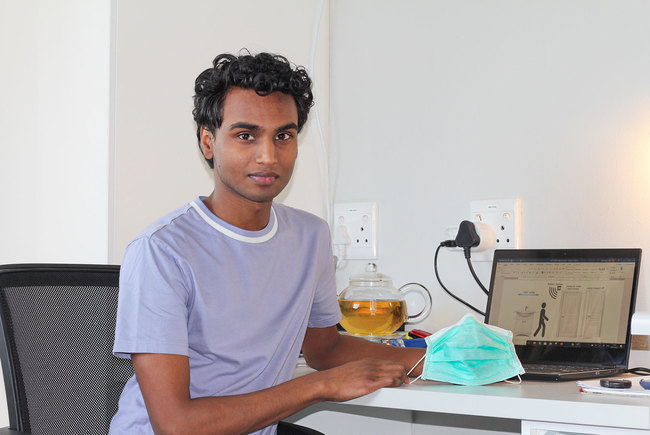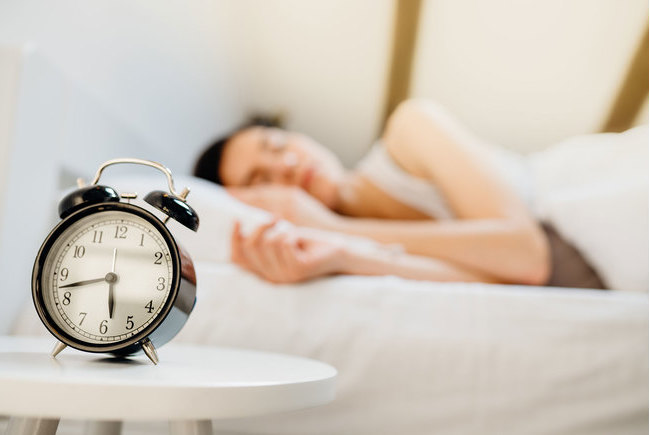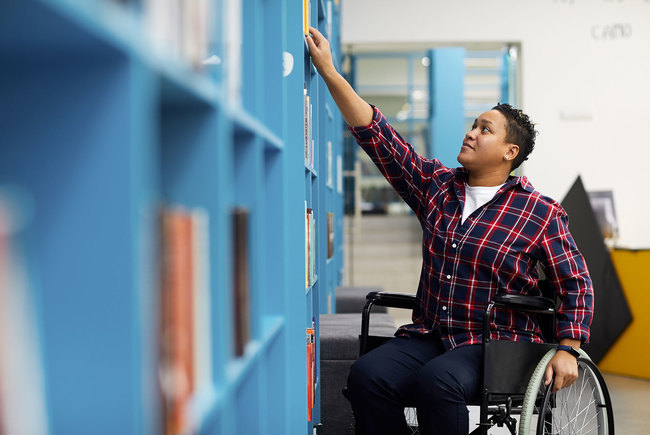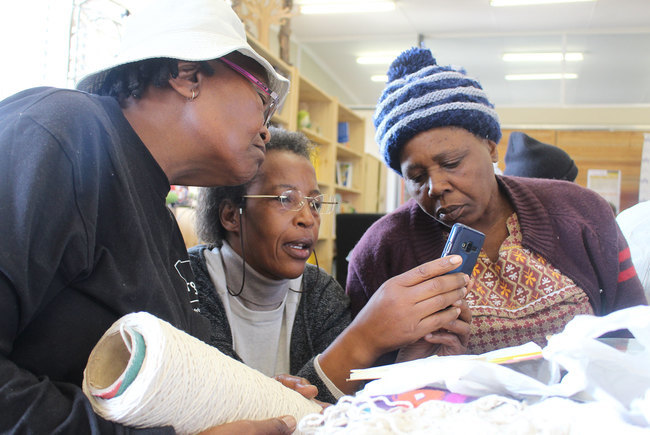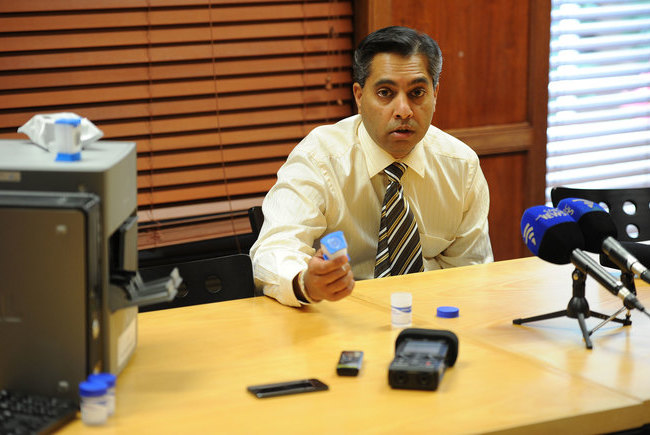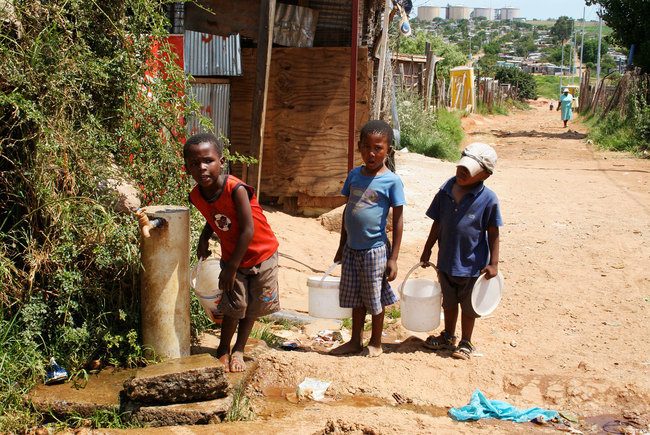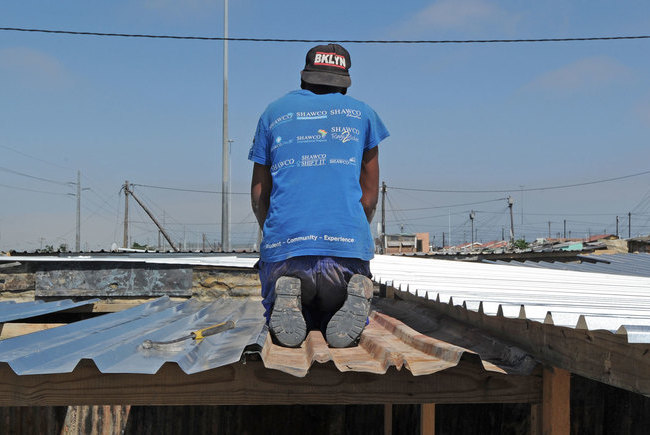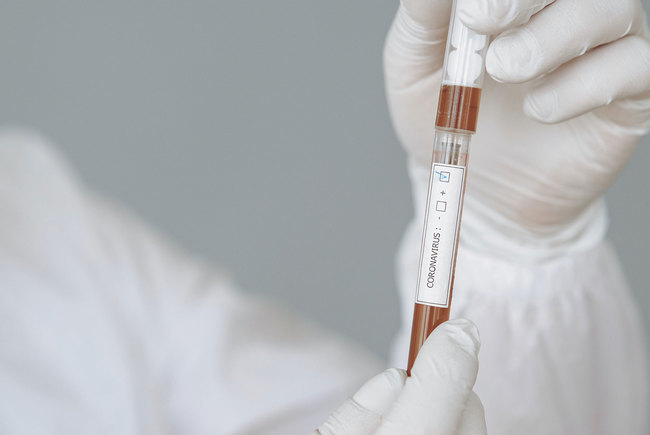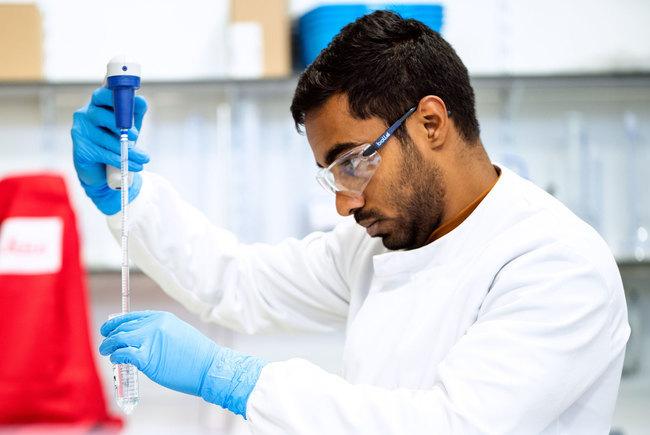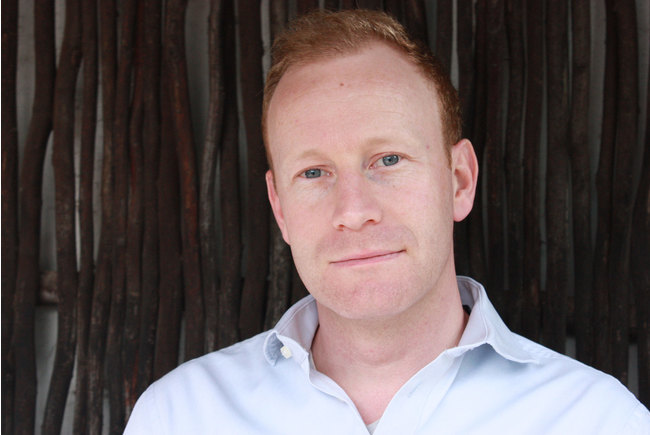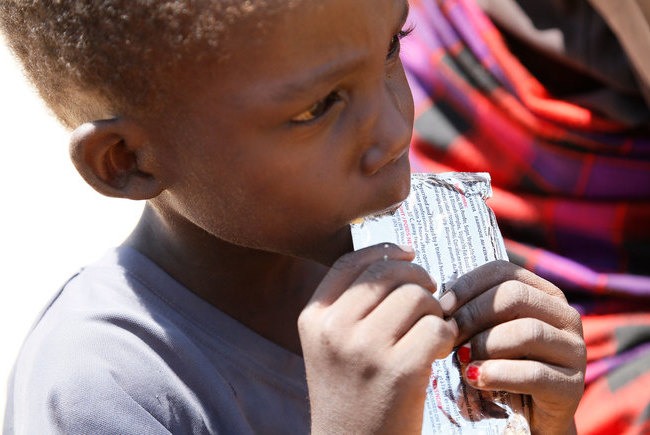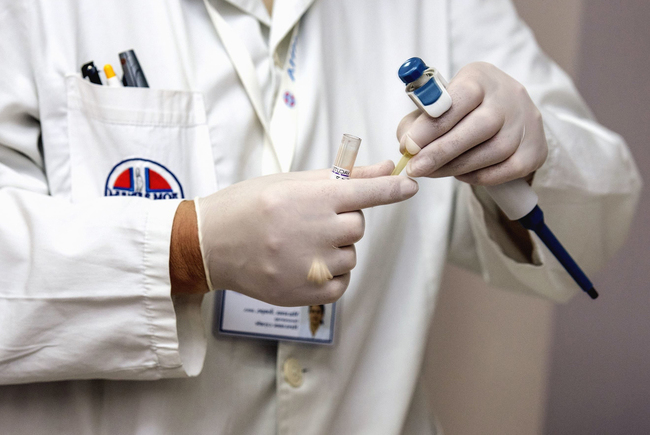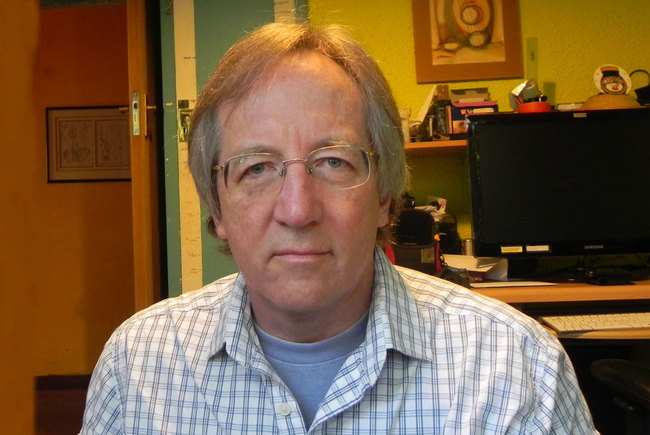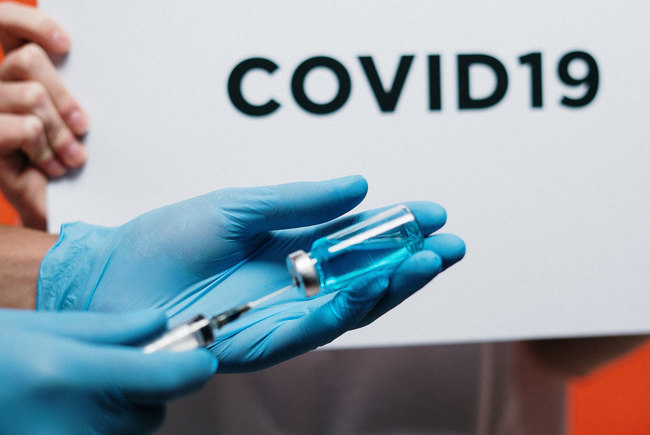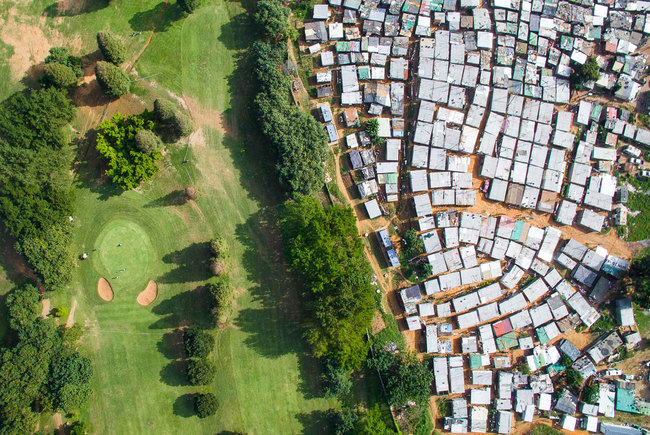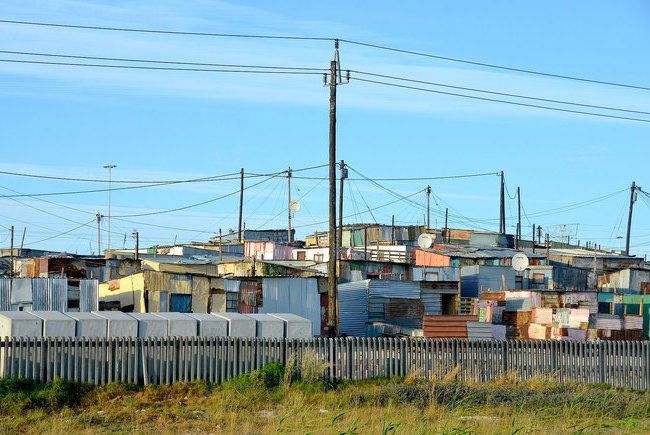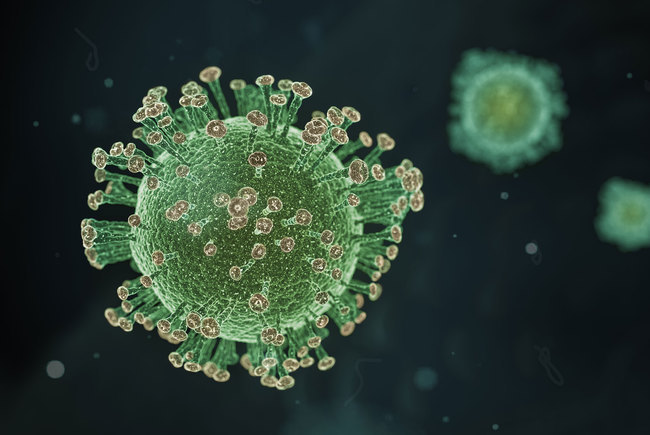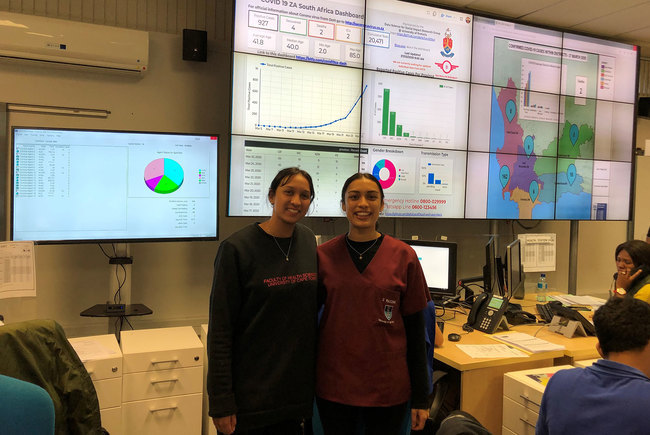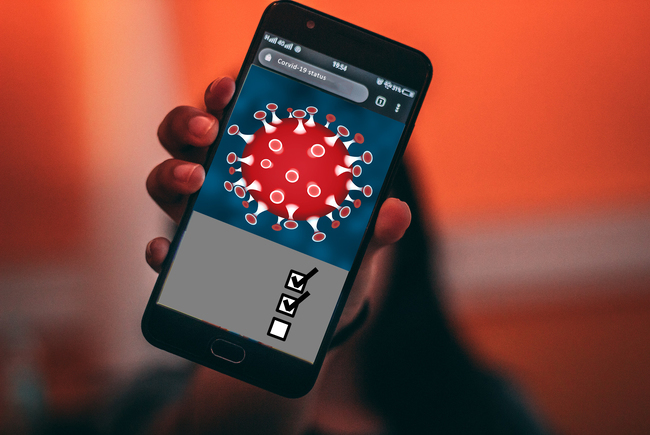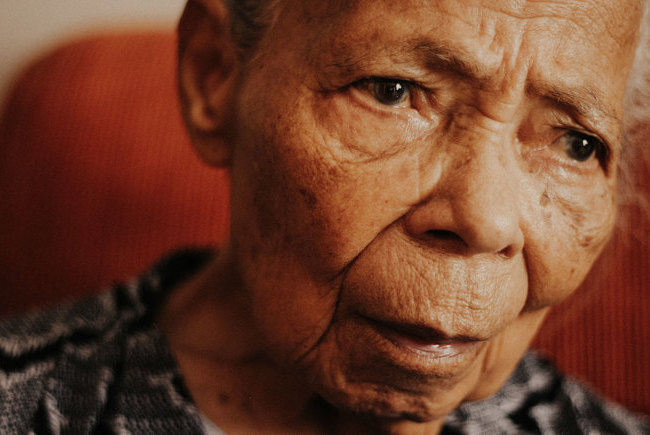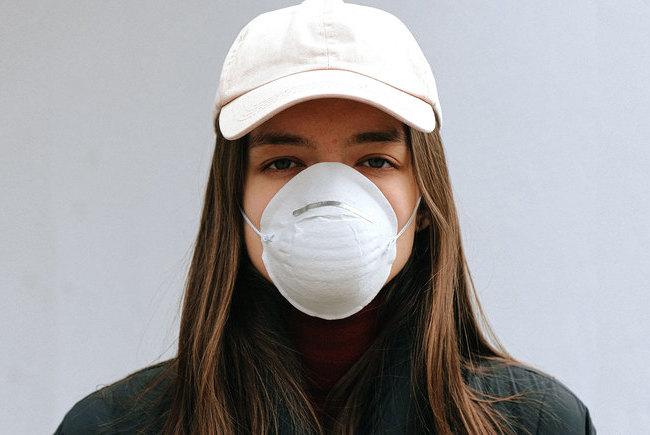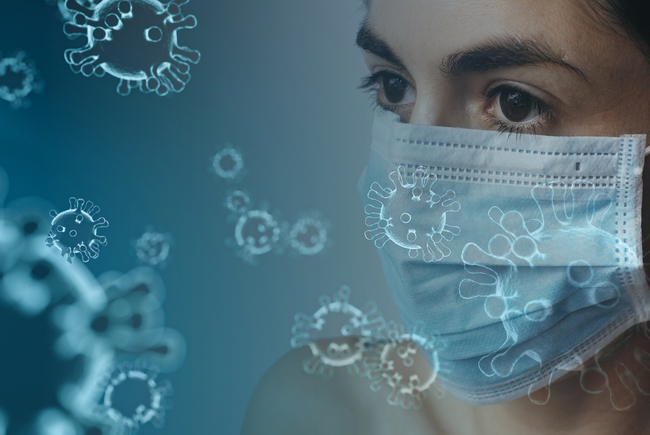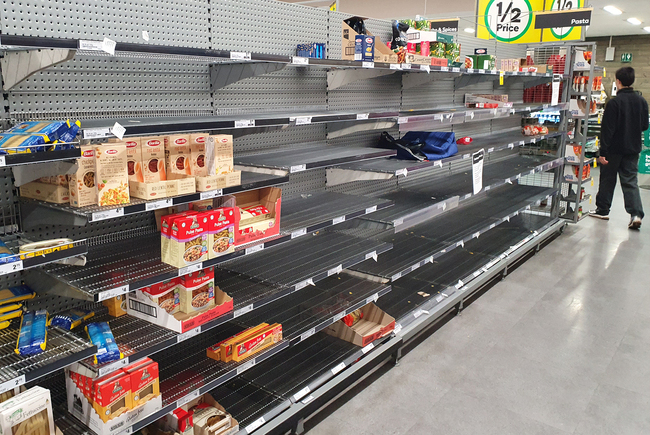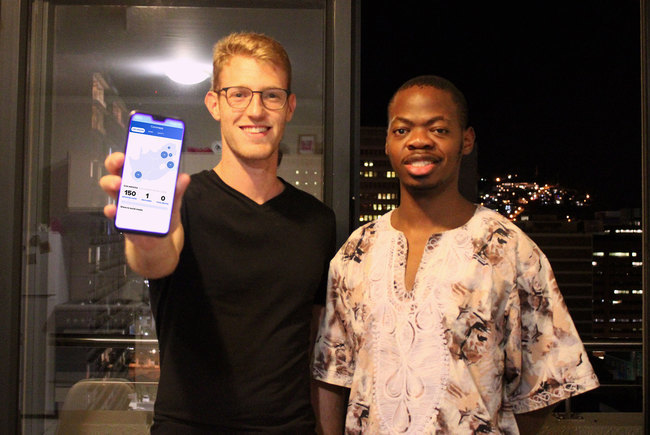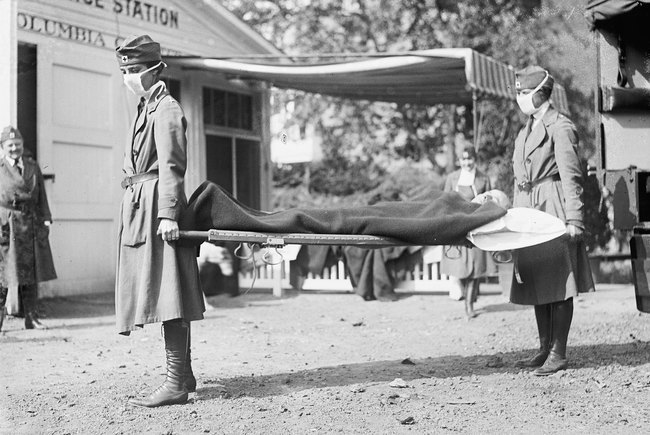How the rich can share the burden of lifting lockdown
25 June 2020 | Story Carla Bernardo. Photo Michael Hammond. Read time 5 min.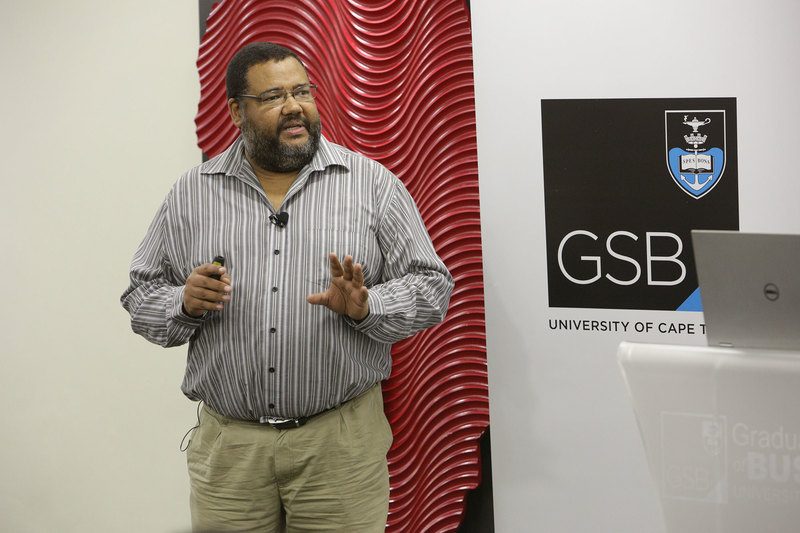
As calls grow louder in certain sectors of society for the South African government to lift the nationwide lockdown, University of Cape Town (UCT) academic Athol Williams has proposed a way to do so that is in the interest of the poor.
Williams, a senior lecturer specialising in corporate responsibility and ethical leadership at UCT’s Graduate School of Business, is calling for employers to fund the healthcare of the poor who are most likely to contract infections. This funding would be in the form of a ‘special insurance’.
Williams explained that the most common reason used by those in favour of lifting the lockdown is that the poor suffer the most; lifting the lockdown would thus be pro-poor. However, he argued that these calls are not as altruistic as they seem.
“There is only upside for the rich to lift the lockdown while to the poor there is some upside in the form of income, but dire potential downsides in terms of potential death.”
The senior lecturer explained that if it is to be accepted that there is a rich–poor dichotomy in South Africa – an assumption implicit in the pro-poor calls – then it is instructive to observe how these two groups fare under lockdown compared to when lockdown is lifted.
“Under lockdown, the poor lose income which, as the newly enlightened pro-poor ‘activists’ point out, threaten the livelihoods of the poor,” said Williams.
By lifting the lockdown, they argue that the poor can earn an income again – however measly this might be – and thus restore their livelihoods.
“But lifting the lockdown will result in a surge of coronavirus infections and deaths, a burden that will be disproportionately borne by the poor. So, while the poor gain incomes from lifting the lockdown, they will risk their lives by returning to work,” he said.
Under lockdown, the rich lose wealth; their asset values decline, and they receive dampened incomes and bonuses. Lifting the lockdown relieves the rich of these burdens.
“So, what the rich gain from lifting the lockdown is wealth,” said Williams.
“What cost do they bear? Certainly not the cost of their lives as is the case with the poor.
“There is only upside for the rich to lift the lockdown while to the poor there is some upside in the form of income, but dire potential downsides in terms of potential death.”
Break the deadlock
For Williams, it is a skewed discussion: “For the rich, the discussion is about wealth whereas for the poor, the discussion is about whether they will live or die.”
On one side is the argument to retain the lockdown to save lives while on the other, the argument is that it should be lifted to save lives from poverty. Inevitably, there is a stalemate. But Williams suggests a way out.
“I believe we can break the deadlock if the rich were to share the downside burden that the poor would face if we lift the lockdown.”
He explained that the rich must fund the incremental healthcare costs of the poor who are most likely to contract infections. They would be able to do so with some of the economic gains they stand to acquire if the lockdown is lifted.
“This would be a powerful test of the sincerity of those calling for the lockdown to be lifted on the grounds that they are making the call in the interest of the poor.”
Williams proposed that this could be in the form of a ‘special insurance’. Employers would need to pledge that none of their employees will die of COVID-19 and put in place a programme that ensures their employees receive adequate treatment the moment they contract the virus. In the unfortunate event that an employee does succumb to the virus, the special insurance must make a payout to the family.
The principle of this proposal already exists: companies pay staff a premium in the form of hazard pay when they are asked to work in dangerous situations like violent zones or extreme weather. The South African government also already pays danger allowances to certain categories of employees, for example, nurses in psychiatric wards. According to Williams, the same principle applies here.
“Sharing the benefit and the burden of opening the economy breaks the stalemate and enables us to move forward in a morally fair way,” he said.
“This would be a powerful test of the sincerity of those calling for the lockdown to be lifted on the grounds that they are making the call in the interest of the poor.”
 This work is licensed under a Creative Commons Attribution-NoDerivatives 4.0 International License.
This work is licensed under a Creative Commons Attribution-NoDerivatives 4.0 International License.
Please view the republishing articles page for more information.
Coronavirus Disease 2019 updates
COVID-19 is a global pandemic that caused President Cyril Ramaphosa to declare a national disaster in South Africa on 15 March and implement a national lockdown from 26 March.
UCT is taking the threat of infection in our university community extremely seriously, and this page will be updated regularly with the latest COVID-19 information.
Daily updates
Campus communications
Resources
Video messages from the Department of Medicine
Getting credible, evidence-based, accessible information and recommendations relating to COVID-19
The Department of Medicine at the University of Cape Town and Groote Schuur Hospital, are producing educational video material for use on digital platforms and in multiple languages. The information contained in these videos is authenticated and endorsed by the team of experts based in the Department of Medicine. Many of the recommendations are based on current best evidence and are aligned to provincial, national and international guidelines. For more information on UCT’s Department of Medicine, please visit the website.
To watch more videos like these, visit the Department of Medicine’s YouTube channel.
Useful information from UCT
External resources
News and opinions
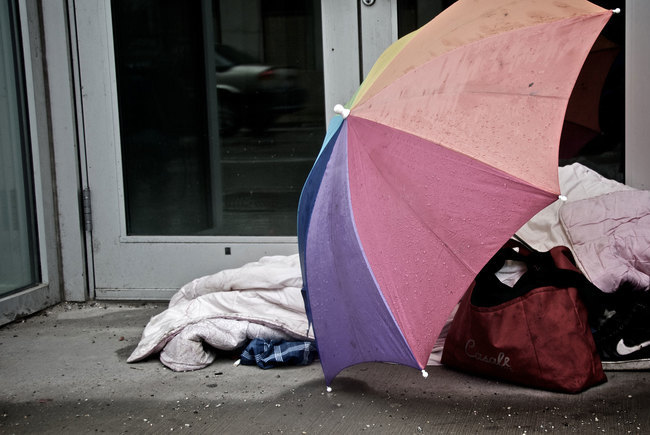
As the COVID-19 crisis drags on and evolves, civil society groups are responding to growing and diversifying needs – just when access to resources is becoming more insecure, writes UCT’s Prof Ralph Hamann.
03 Jul 2020 - 6 min read Republished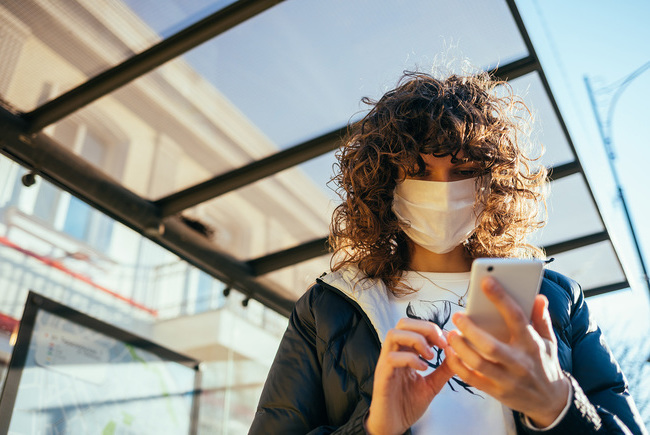
The Covid-19 crisis has reinforced the global consequences of fragmented, inadequate and inequitable healthcare systems and the damage caused by hesitant and poorly communicated responses.
24 Jun 2020 - >10 min read Opinion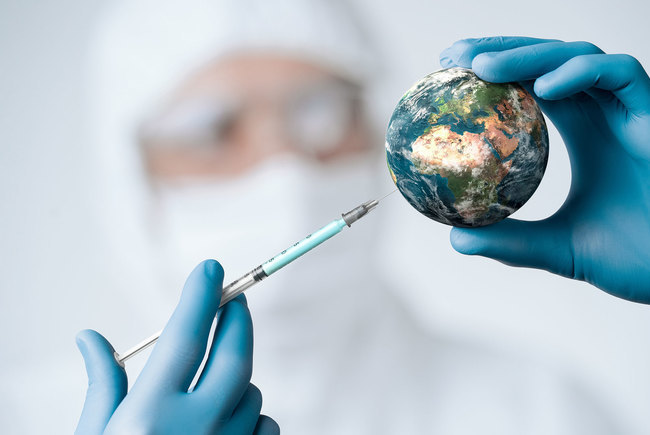
Our scientists must not practise in isolation, but be encouraged to be creative and increase our knowledge of the needs of developing economies, write Professor Mamokgethi Phakeng, vice-chancellor of UCT, and Professor Thokozani Majozi from the University of the Witwatersrand.
09 Jun 2020 - 6 min read Republished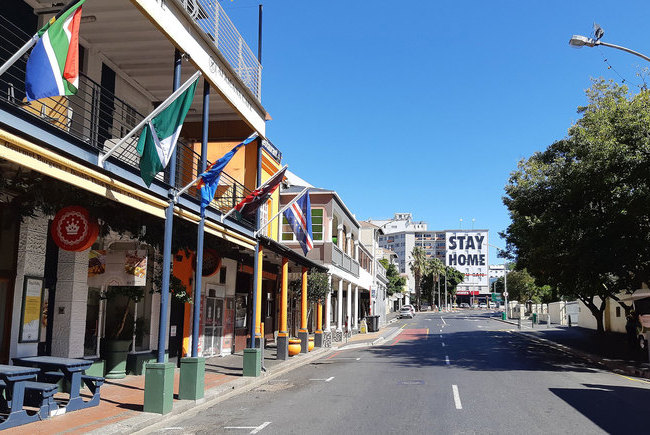
South Africa has been recognised globally for its success in flattening the curve, which came as a result of President Ramaphosa responding quickly to the crisis, writes Prof Alan Hirsch.
28 Apr 2020 - 6 min read RepublishedStatements and media releases
Media releases
Read more
Statements from Government
In an email to the UCT community, Vice-Chancellor Professor Mamokgethi Phakeng said:
“COVID-19, caused by the virus SARS-CoV-2, is a rapidly changing epidemic. [...] Information [...] will be updated as and when new information becomes available.”
We are continuing to monitor the situation and we will be updating the UCT community regularly – as and when there are further updates. If you are concerned or need more information, students can contact the Student Wellness Service on 021 650 5620 or 021 650 1271 (after hours), while staff can contact 021 650 5685.









